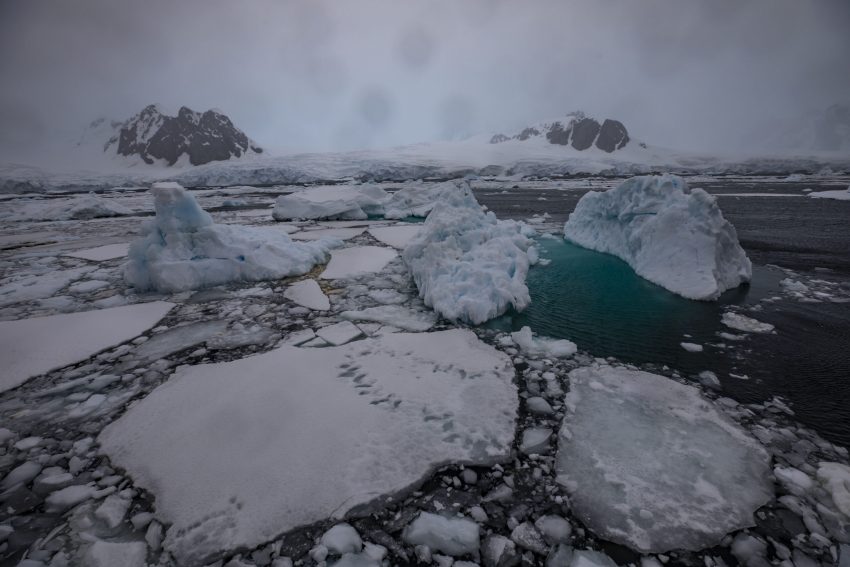The Antarctic region is experiencing a severe and unprecedented decline in sea ice, raising alarm among scientists and climate experts worldwide. For the fourth consecutive year, Antarctic sea ice levels have hit record lows, marking a dramatic shift in the region’s long-term climate patterns. This rapid ice loss poses serious risks, including rising global sea levels, disrupted ocean currents, and extreme weather patterns.
A Dramatic Shift in Antarctic Ice Trends
Historically, Antarctica’s sea ice was considered more stable than the Arctic, even showing periodic growth in past decades. However, recent satellite data has revealed a concerning downward trend. The current extent of Antarctic sea ice is now millions of square kilometers below the historical average for this time of year, a phenomenon experts attribute to rising global temperatures and changing ocean conditions.
According to climatologists, shifting wind patterns, warmer ocean currents, and greenhouse gas emissions are accelerating ice loss. The Thwaites Glacier—often referred to as the “Doomsday Glacier”—is of particular concern, as its melting could contribute to global sea level rise of up to 3.3 meters (11 feet) over time.
Impacts on Global Climate and Weather
The decline in Antarctic sea ice has significant consequences for global climate systems. Sea ice plays a crucial role in reflecting sunlight and regulating ocean temperatures. As ice melts, more heat is absorbed by the ocean, leading to further warming and more extreme weather events worldwide.
Some of the key consequences of declining Antarctic ice include:
- Rising Sea Levels: Coastal cities worldwide are at risk of increased flooding and land loss as Antarctic ice melts and contributes to global sea level rise.
- Disrupted Ocean Currents: The Antarctic ice sheet helps drive global ocean currents. Melting ice could weaken or shift these currents, impacting marine ecosystems and weather patterns globally.
- More Extreme Weather: Scientists warn that reduced sea ice may be linked to stronger hurricanes, heavier rainfall, and prolonged droughts in various parts of the world.
What Can Be Done?
While international efforts to combat climate change are ongoing, scientists emphasize the urgent need for stronger action. Reducing global greenhouse gas emissions remains the most effective way to slow Antarctic ice loss. Countries must also invest in climate adaptation strategies to mitigate the impacts of rising sea levels and changing weather patterns.
The decline of Antarctic sea ice serves as a stark reminder of the accelerating climate crisis. Without immediate and decisive action, the world may face irreversible consequences in the coming decades.




